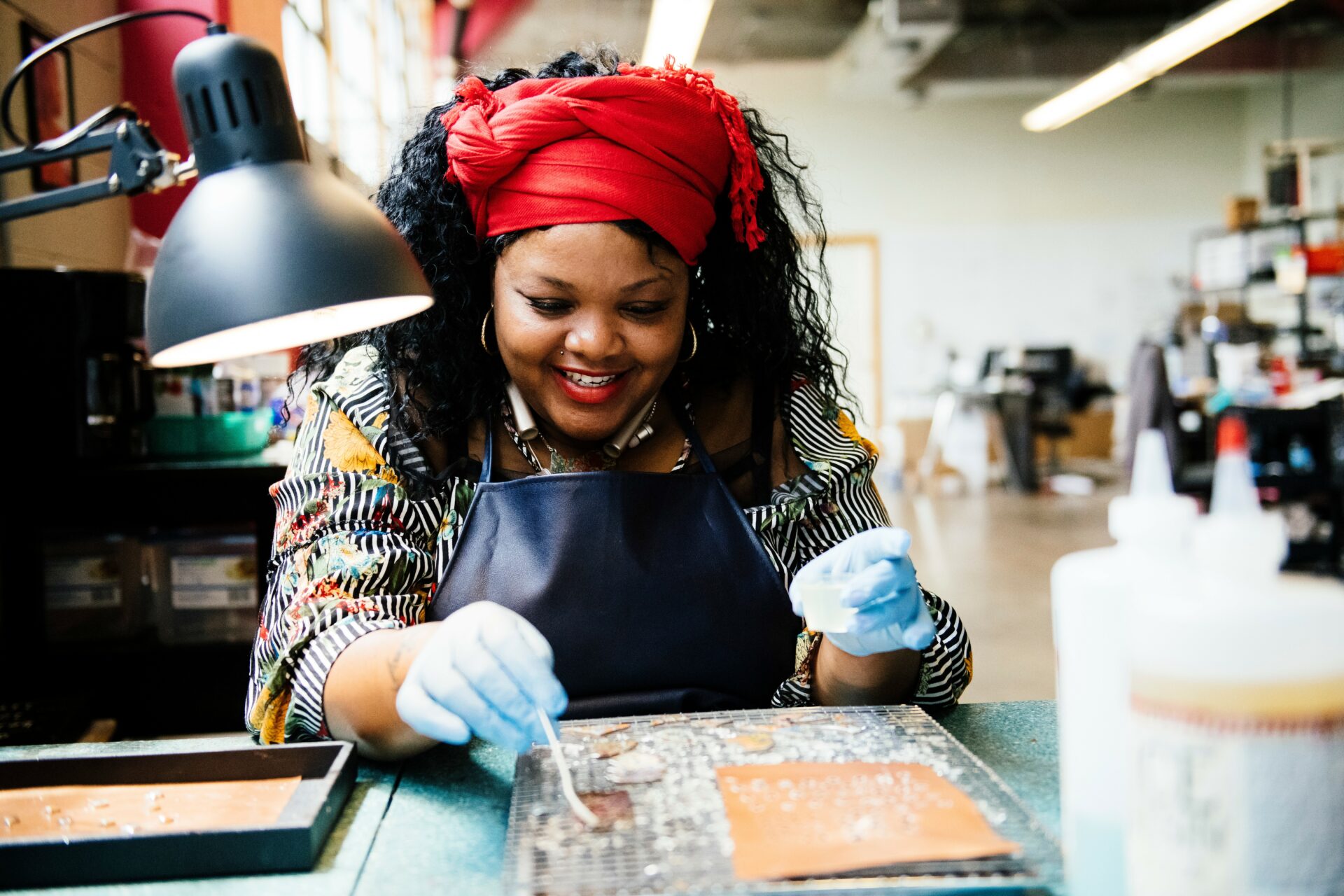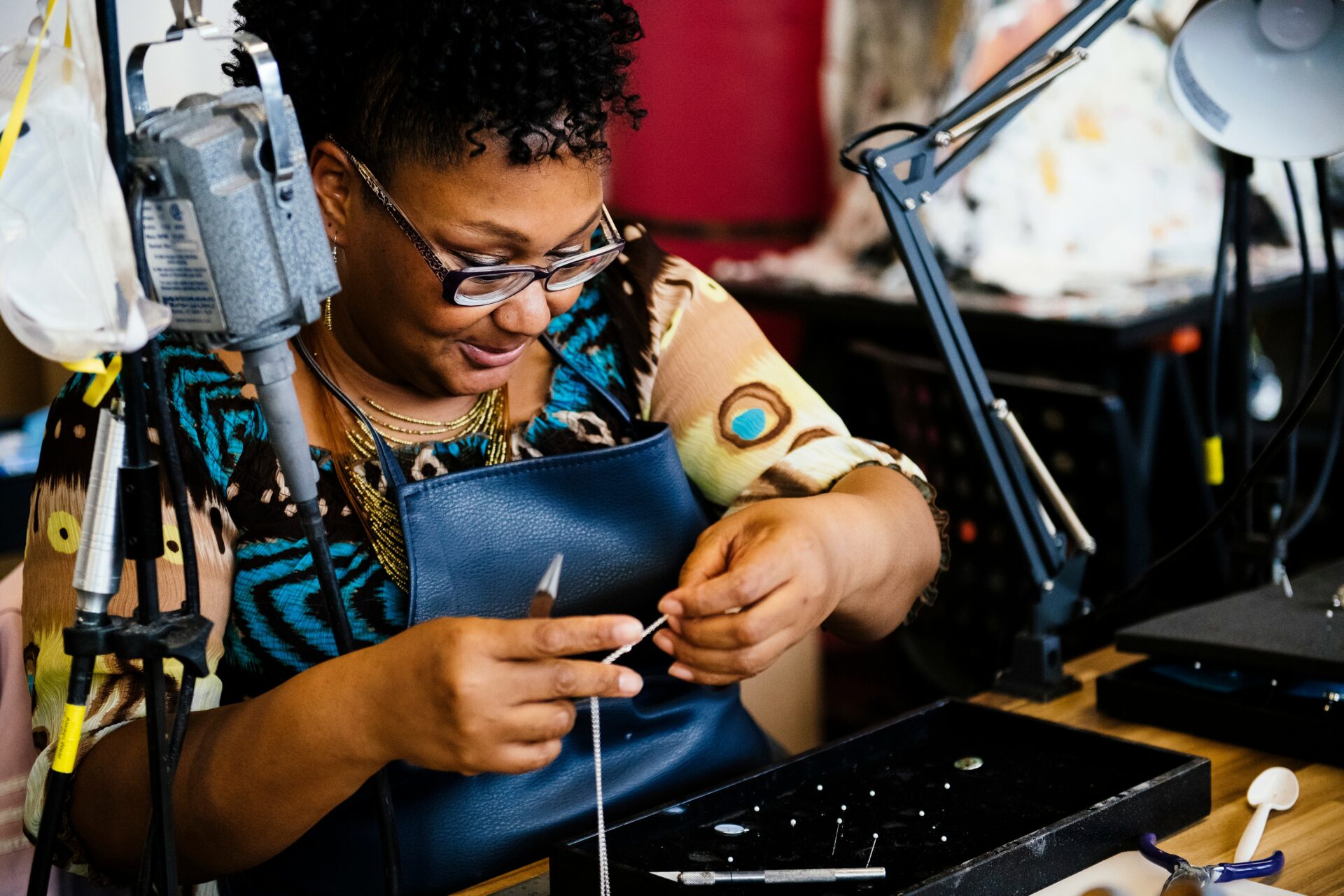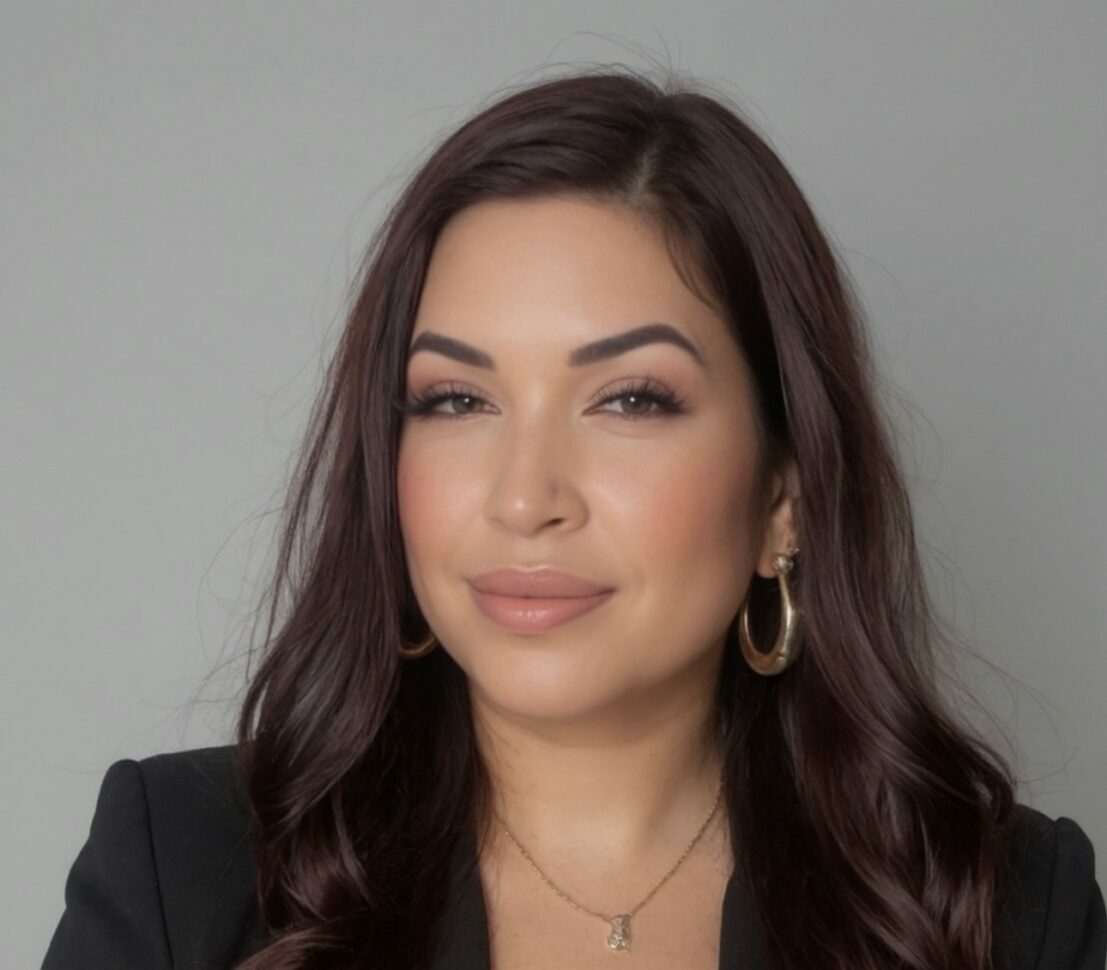We recently connected with Amy Peterson and have shared our conversation below.
Hi Amy, appreciate you sitting with us today to share your wisdom with our readers. So, let’s start with resilience – where do you get your resilience from?
I really credit my resilience from my parents and from my early childhood life of being a competitive ice skater. My parents taught me to be persistent and keep going. They instilled in me a determined mindset and hard work ethic. As a competitve ice skater I learned at an early age to fall down on your face and get back up and finish what you started with a smile on your face.
Appreciate the insights and wisdom. Before we dig deeper and ask you about the skills that matter and more, maybe you can tell our readers about yourself?
In 2013 I was living in Detroit pursuing my childhood dream of working in baseball, particularly focused on becoming the first female general manager. I had worked my way up from an intern to achieving the position of
Associate Counsel for the Detroit Tigers. There were a lot of challenges being a woman in the industry,
particularly with my ambitions. At the same time, I was living right next to a well-known women and
family shelter in Detroit. I would come home from the games and connect with some of the residents.
These women were very inspiring. Many shared stories of how they left challenging situations in search of
a better opportunity for themselves and their family members. These connections along with my own
personal experiences led me to think, what if I could create a company that was solely dedicated to
empowering women? And Rebel Nell was born. We employ women directly from the shelter and provide them not only with employment but also all of the wraparound support that they need to assist in their transition to an independent life. This ah-ha moment is where the journey started. The next thing we needed to determine is what were we going to produce in order to create employment opportunities. I loved the idea of repurposing material and thinking sustainably about our product. I was on a run in Detroit and stumbled upon some fallen street art that was laying on the ground. I loved the way it looked, with all of its layers and history. My business partner and I discovered a way to draw out the layers creating a unique material from which our company would create one-of-a-kind jewelry. Our jewelry is all about
instilling confidence from the time of creation when the designer’s vision is translated into the jewelry and that confidence transfers to the new owner. To date, we have hired 41 women out of the shelter and graduated 36 into the traditional workforce.
In addition to graffiti we also partner with other organizations like the Atlanta Braves and Detroit Tigers to repurpose material from their stadiums and iconic places like the Motown Museum and Joe Louis Arena to create limited edition collections.
There is so much advice out there about all the different skills and qualities folks need to develop in order to succeed in today’s highly competitive environment and often it can feel overwhelming. So, if we had to break it down to just the three that matter most, which three skills or qualities would you focus on?
Throughout my early childhood, I was a competitive ice skater. I used to make the mistake of watching other competitors skate their programs before it was my turn to compete. This would often get in my head and cause me to lose focus and not perform my best. It serves as a reminder even today to stay focused on what I can control and not worry about or compare myself to what others around me are doing. Skating also taught me the importance of falling down and getting back up with a smile on your face to finish your routine. You don’t realize it at the time but that was a very humbling and valuable life lesson. You are going to slip and fall taking jumps in life. You have to get up and keep going. As you go through life these are lessons that have been valuable to me. 1. Failures are your biggest opportunities. As a startup founder, one thing I wish someone had told me early on is that failures are actually incredible opportunities for growth. At first, failure can be disheartening and discouraging, but it’s important to remember that many successful entrepreneurs have experienced numerous failures before achieving their breakthrough. Failure is not a sign of weakness or incompetence; it’s a chance to learn, adapt, and improve. I recall a time when Rebel Nell was developing a new product. We had invested a significant amount of time and resources into it, expecting it to be a game-changer in the market. However, when we launched, the response was underwhelming. We realized that we had misjudged the market demand and hadn’t fully understood our target audience’s needs.
Initially, it felt like a massive setback, but instead of dwelling on our failure, we chose to view it as an opportunity to reevaluate our approach. We gathered feedback from customers, analyzed our mistakes, and made the necessary adjustments to our product. Ultimately, this setback led us to develop a much-improved version that resonated with our target audience and gained significant traction.
That experience taught me the invaluable lesson that failures can provide essential insights and spur innovation. Embracing failure as a stepping stone rather than a roadblock is crucial for personal and professional growth as a startup founder.
Remember, success is often built on a foundation of failures and lessons learned along the way. So, don’t be afraid to take risks and learn from your mistakes.
2.You will pivot so much you will wear a hole in your shoes: Startups often need to adapt and pivot their strategies in response to market feedback and changing circumstances. It’s common to discover that your initial assumptions or ideas need adjustment to align better with market demands. Embracing this mindset of flexibility and adaptability is crucial for long-term success. A prime example is Slack, a popular team communication platform. Initially, the company started as a gaming company called Tiny Speck, but when their game failed to gain traction, they pivoted their focus and created Slack, which became a huge success in the business communication space.
3.You can’t compare yourself to your friends or colleagues. That is a recipe for disaster: Comparison can be detrimental to your journey as a startup founder. Every startup has its unique challenges and timeline for success. Constantly comparing yourself to others can create unnecessary pressure and self-doubt. Instead, focus on your own progress, goals, and milestones. Stay true to your vision and keep working towards it. Remember, success is subjective and personal, and it’s essential to define it in your own terms.
Before we go, any advice you can share with people who are feeling overwhelmed?
To be honest, this is an area where I really struggle. I often feel incredibly overwhelmed. Running a business is extremely challenging especially when it is not hitting its goals, there are external challenges that impact the business but are out of your control like a recession or pandemic, you are short-staffed because of budget cuts, you are worried about your staff and their burnout over yours and ultimately everything rests on your shoulders. I am the first to tell people that you can’t pour from an empty cup but when it comes to practicing what I preach I fall short. Here is what works for me:
1. I will have a good cry. I used to think of this as a negative reaction but now I realize that it is a release for me. Crying is good and it allows me to let out my emotions and reset. I welcome tears.
Take deep breaths: Deep breathing can help you relax and calm your nervous system. Practice deep breathing exercises by taking slow, deep breaths in through your nose, holding for a few seconds, and exhaling slowly through your mouth.
2. Identify the source: Reflect on what is causing you to feel overwhelmed. Identifying the source of your stress can help you prioritize and tackle one task or issue at a time.
3. Break it down: Divide overwhelming tasks or responsibilities into smaller, manageable steps. Focus on one step at a time, and gradually work your way through the list. This approach can make the workload appear less daunting and give you a sense of accomplishment as you complete each step.
4. Give yourself grace. Know that you did the best you could to accomplish your list today and if it all didn’t get done, celebrate what you did accomplish today even if you added to your list.
Contact Info:
- Website: https://www.rebelnell.com/
- Instagram: https://www.instagram.com/rebelnell/
- Facebook: https://www.facebook.com/rebelnelldetroit
- Linkedin: https://www.linkedin.com/in/amy-peterson-739b9011/








